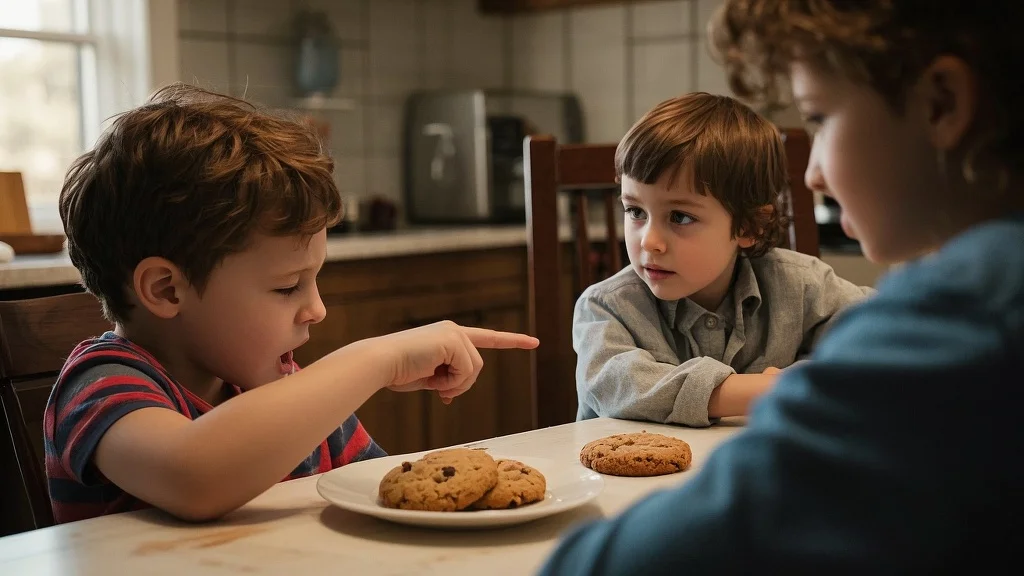A recent phone conversation with an elderly relative sparked a reflection on how much parenting and cultural roles have shifted over the years. When he asked me about the traditional age-sets from our indigenous community, I realized I no longer had those details readily available—I had to turn to Google to find them.
This moment highlighted a broader truth: society has changed, and with it, the role of parents and caregivers has evolved drastically. Once upon a time, raising a child was a shared responsibility involving extended families and tight-knit communities. Today, that “responsible community” has largely been replaced by nuclear families, schools, and, more pervasively, the internet.
🧠 The Digital Influence on Childhood
Modern children are now part of vast online communities that expose them to a mix of beneficial and harmful content. The days when parents were the main source of knowledge and guidance are gone. Anyone with an internet connection can now shape a child’s worldview. This shift makes it crucial for parents to take an active role in managing their children’s digital lives.
🧩 Parenting Responsibilities Today
Parents and educators must now shoulder the full responsibility of nurturing a child’s holistic development—spiritual, mental, emotional, and social. That includes:
- Establishing a strong parent-child bond through consistent, intentional communication.
- Supporting education not just by enrolling children in school, but by assisting with homework, attending school meetings, and motivating them.
- Promoting social development by encouraging peer interactions, modeling empathy and kindness, and limiting screen time to prevent emotional stagnation.
🏫 Education as a Right and Duty
In Kenya, Section 53 of the Constitution guarantees every child the right to free primary education. Parents are obligated to ensure their child is educated—whether through traditional schooling or homeschooling. More parents are stepping up, actively participating in their children’s learning and emotional development.
🫂 Building Emotional Intelligence and Social Skills
Children thrive when they’re given space to build friendships and engage in meaningful social activities. These interactions help them develop empathy, resilience, problem-solving skills, and emotional regulation. Excessive exposure to video games or digital distractions, on the other hand, can inhibit this development.
Parents, whether homeschooling or not, must ensure their children have access to social environments where they can grow emotionally and learn to relate to others.
🌱 Why Parental Involvement Matters More Than Ever
Despite the demands of modern life, making time for quality engagement with children is more important than ever. A parent’s presence, encouragement, and validation are key contributors to a child’s confidence, self-worth, and well-being.
In a world full of noise, distractions, and conflicting messages, what children need most is consistent love, clear guidance, and meaningful connection. The role of the modern parent may be more complex—but it’s also more powerful.








